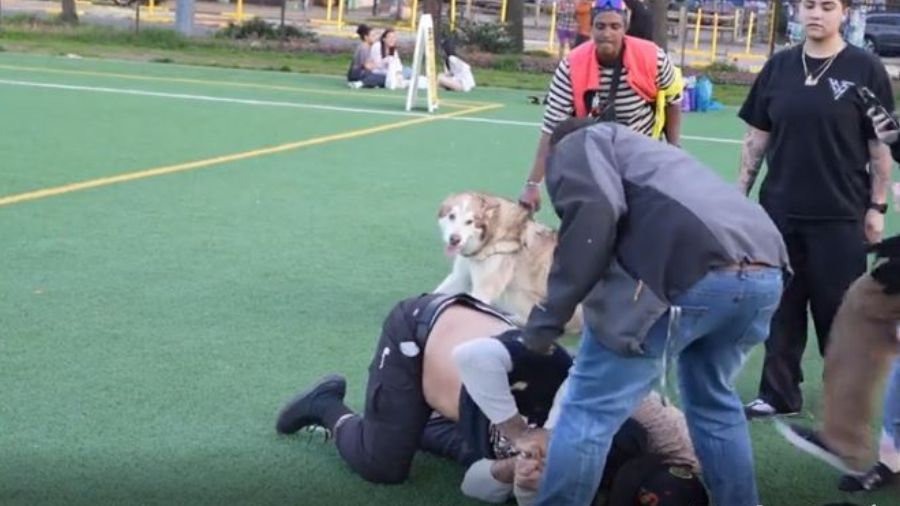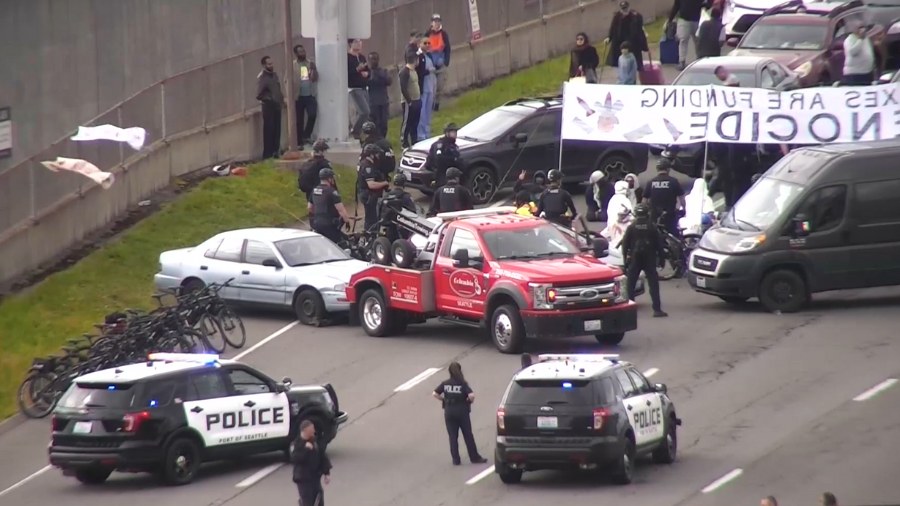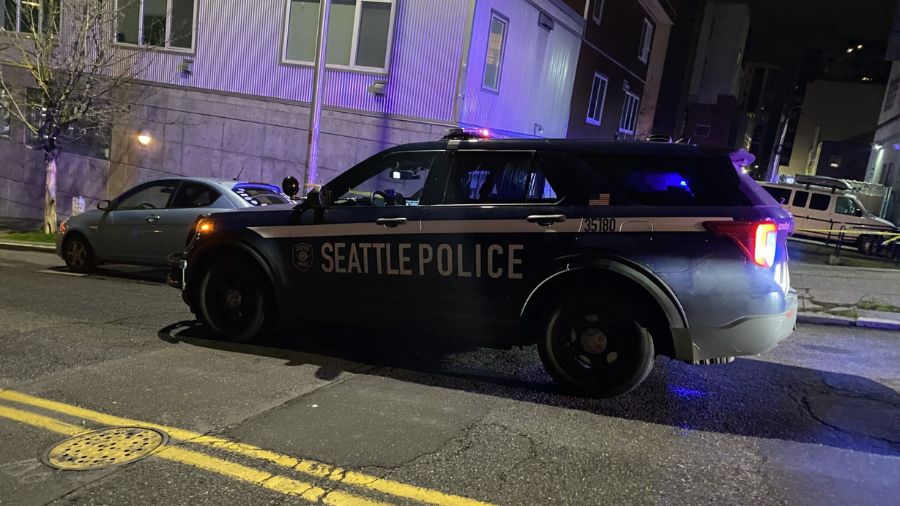Expert: We have a ‘civic responsibility’ to stay home, help slow spread
Mar 23, 2020, 3:36 PM
In photos or in person, everyone has seen people gathering together when they should be staying home during the coronavirus outbreak. With the potential of a shelter-in-place order from the governor to come in Washington state, some people believe it might take tougher restrictions for people to take this outbreak seriously.
Eric Holdeman, former director of King County’s Office of Emergency Management, and current Director of the Center for Regional Disaster Resilience, told KIRO Radio’s Gee and Ursula Show that it is one’s civic duty to stay home when possible and maintain safe distances from one another.
In Italy, Holdeman said, they’ve started issuing citations and fines to people who are out and about unnecessarily, which does not include those going to work, pharmacies, or grocery stores.
“[If] that’s what it takes, I think the state should put the hammer down,” he said.
Holdeman expects to see shortages in the health care system soon, both with a lack of staffing as more doctors and nurses fall ill, and with a lack of masks, gloves, and other protective gear. The big challenge, he said, is that the preparation wasn’t started early enough.
“[What] you have is a pull system. The way this is supposed to work is hospitals who identify a need, they contact their local emergency management office. If they can’t provide it, then it goes to the state. If the state can’t provide it, they send the request to the federal, and that’s all been done now,” Holdeman explained. “And the issue is there’s just not enough of the materials.”
A few weeks ago, in terms of the number confirmed cases and the strain on the medical community, Holdeman said we were at a two on a scale of 1-10. Now, he said we’re at a five, but could reach a 10 by next week.
He doesn’t think people recognize the danger and risk this virus can pose on our health care system.
“Basically [people ignoring the restrictions are] saying, ‘I don’t care about you, I don’t care about my own health, I’m going to do whatever I want to do.'”
Holdeman said 20 percent of cases in the hospital are younger people, so being young and healthy does not make you immune to this virus. He agreed with show host Gee Scott’s use of “selfish” to describe the attitude and behavior of those ignoring the calls for isolation and social distancing.
“They just don’t see the connection between their individual behavior and the community behavior,” he said. “And this is a great example of civic responsibility where we all have to comply.”
If one person infects 2-3 other people, then those 2-3 infect others, “that’s how it can just sweep through a population very quickly.”
In addition to possible staffing and protective equipment shortages, discussions are now being had to determine the standard of care and who does or doesn’t get a ventilator or care that could save their life.
“It’s a life or death decision,” Holdeman said. “If you’re, you know, 85 years old, or you’re 30 and have two kids: What’s the standard of care? There are people who will not get the care that they need … in order to live. And those are tough decisions to be made.”
Listen to the Gee and Ursula Show weekday mornings from 9 a.m. – 12 p.m. on KIRO Radio, 97.3 FM. Subscribe to the podcast here.













